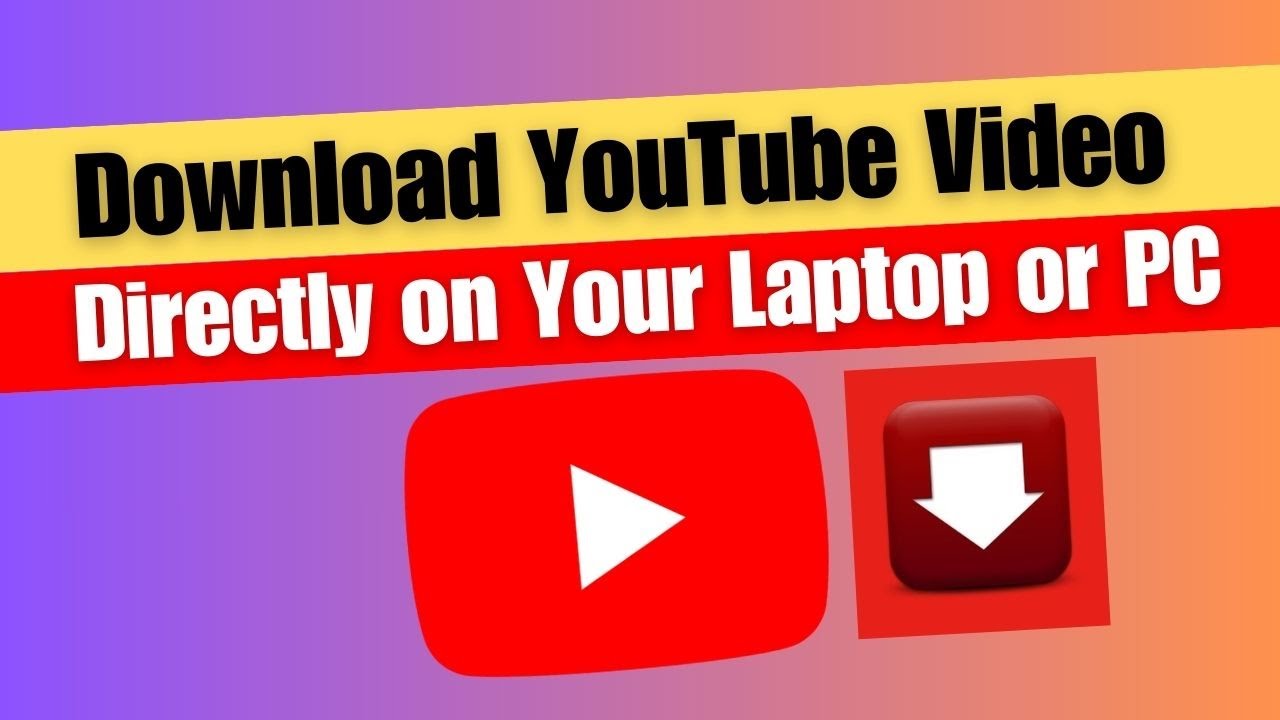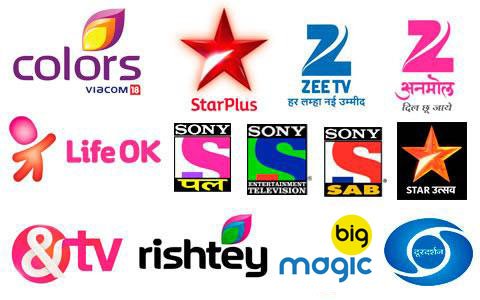The pros and cons of MP3 music

MP3 is short for MPEG-1 Audio Layer 3. It is a digital audio coding format that uses a form of lossy data compression. MP3 mp3 juice was invented in 1987 by a team of German researchers working at the Fraunhofer-Institut für Schichtzeichentechnik (Layer-3 audio encoder team).
The format was designed to achieve very high compression ratios and allow for streaming audio over the internet. It is now the most popular audio format in the world, and is supported by nearly all digital audio players.
There are both pros and cons to using MP3 files.
PROS:
– MP3 files are much smaller than lossless audio files, so they take up less storage space. This is ideal for portable devices like smartphones and MP3 players.
– The smaller file size also makes MP3s faster to download.
– MP3s can be streamed over the internet, making them ideal for music streaming services like Spotify and Pandora.
– MP3 files are compatible with nearly all digital audio players.
CONS:
– MP3 files are lossy, meaning that some audio quality is lost when the file is compressed.
– Some people can hear a difference in quality between MP3s and lossless audio files.
– MP3s are not ideal for professional audio applications like music production or sound engineering.
Overall, MP3 files are a great way to store and listen to music. They are convenient and take up less space than lossless audio files. However, they are not suitable for professional use due to the loss of audio quality.
How to get started with MP3 music
MP3s are a great way to enjoy music, but getting started with them can be a little daunting. Here are a few tips to get you started:
1. Find some music. You can buy CDs or download music from the Internet. If you download music, make sure it is in MP3 format.
2. Download a music player. There are many different music players available, both for computers and for phones. Some music players are free, while others must be purchased.
3. Transfer the music to your music player. This can be done by connecting your music player to your computer and copying the files over, or by downloading the files directly to your music player.
4. Start listening! Experiment with different music players and find the one that you like the best. You can also try different ways of organizing your music, such as by artist, genre, or album.
The benefits of MP3 music
MP3 music has many benefits that make it a popular choice for music lovers. Here are some of the top benefits of MP3 music:
1. MP3 music is easy to find. There are many websites that offer MP3 music downloads, so you can usually find the songs you want.
2. MP3 music is easy to download. Once you find the songs you want, you can usually download them quickly and easily.
3. MP3 music is easy to store. You can store MP3 files on your computer, iPod, or other MP3 player.
4. MP3 music is easy to share. You can share MP3 files with your friends by emailing them or posting them online.
5. MP3 music is high quality. MP3 files are usually high quality, so you can enjoy your music without worrying about poor sound quality.
The drawbacks of MP3 music
As we all know, MP3 is a very popular music format nowadays. However, there are some drawbacks of MP3 music that we should be aware of.
Firstly, MP3 music is usually compressed, which means that some of the original audio quality is lost in the process. This can make the music sound less dynamic and ‘flat’.
Secondly, MP3 music is often ‘encoded’ at lower bitrates, which again can lead to lower audio quality. Some MP3 files are encoded at very low bitrates (such as 128kbps) which can make them sound quite poor.
Finally, MP3 music can sometimes be ‘protected’ by digital rights management (DRM) technology. This means that you may not be able to play the MP3 files on certain devices, or make copies of them.
Overall, MP3 music has some definite drawbacks that you should be aware of. However, it is still a very popular format and is likely to continue to be so for many years to come.




